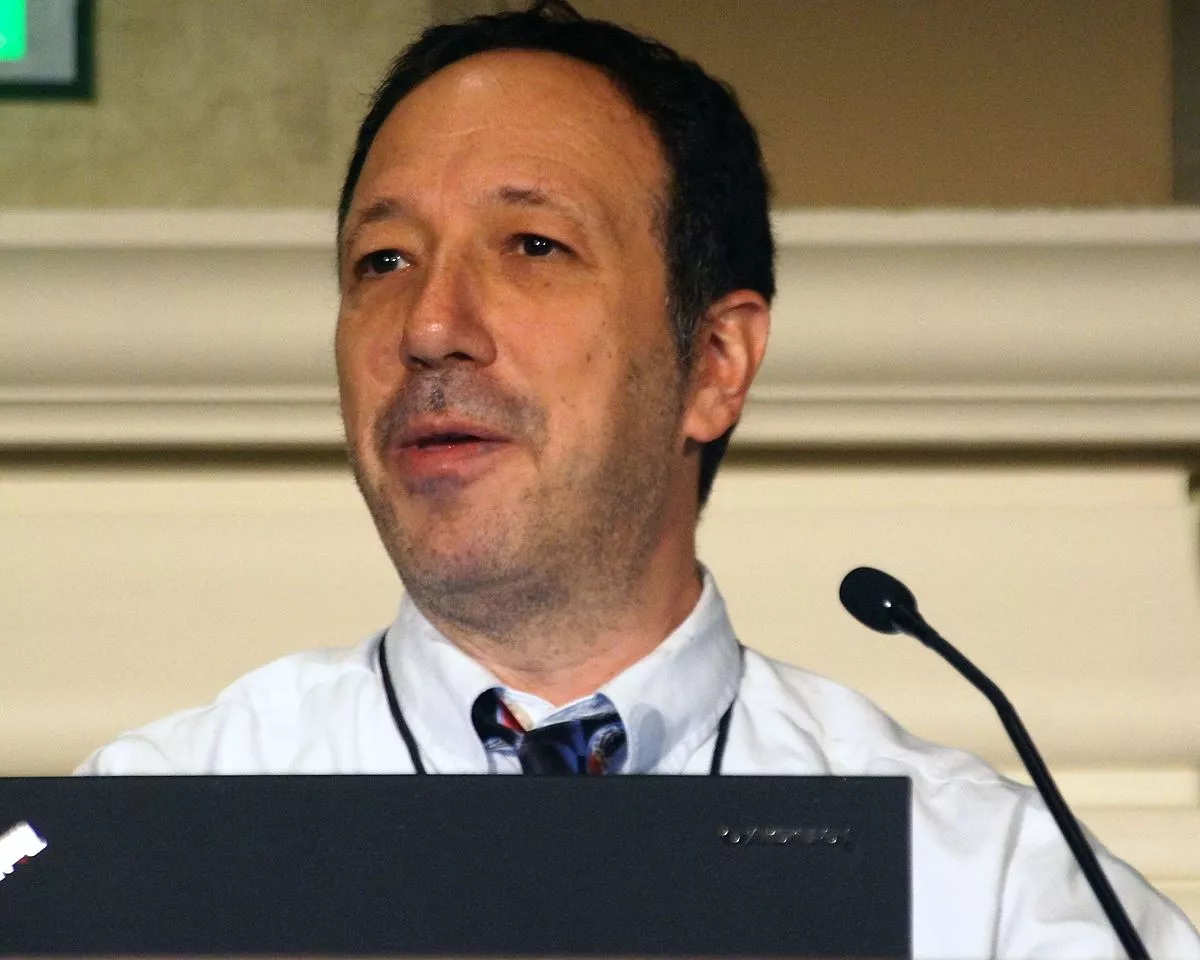 1.
1. Scott O Lilienfeld was a professor of psychology at Emory University and advocate for evidence-based treatments and methods within the field.

 1.
1. Scott O Lilienfeld was a professor of psychology at Emory University and advocate for evidence-based treatments and methods within the field.
Scott Lilienfeld is known for his books 50 Great Myths of Popular Psychology, Brainwashed, and others that explore and sometimes debunk psychological claims that appear in the popular press.
Scott Lilienfeld studied psychology at Cornell University in Ithaca, New York, where he graduated with a Bachelor of Arts degree in 1982.
Scott Lilienfeld considered himself a generalist, saying "this breadth makes me a better researcher and thinker" with a broad perspective on the field of psychology.
Scott Lilienfeld earned a doctorate in clinical psychology from the University of Minnesota in 1990.
From 1990 to 1994, Scott Lilienfeld was an assistant professor of psychology at State University of New York in Albany, NY.
In 2002, Scott Lilienfeld founded the Scientific Review of Mental Health Practice.
Scott Lilienfeld was a consulting editor for Skeptical Inquirer and Skeptic Magazine.
Scott Lilienfeld participated on the editorial boards of the Scientific Review of Alternative Medicine, Journal of Abnormal Psychology, Psychological Assessment, Perspectives on Psychological Science and Clinical Psychology Review, and wrote articles for Scientific American Mind and Psychology Today.
Scott Lilienfeld was a professor of psychology at Emory University, Atlanta, GA.
Scott Lilienfeld died of pancreatic cancer at age 59, at his home in Atlanta, on September 30,2020.
Scott Lilienfeld wrote critically about mindfulness and its derivates mindfulness-based stress reduction and mindfulness-based cognitive therapy, calling its evidence "decidedly mixed", although ultimately conceded that evidence supports their usefulness in treating depression and anxiety disorders.
Scott Lilienfeld said "I see science in many ways as a set of safeguards against confirmation bias", and that, while the structure of general science and the scientific community work to reduce confirmation bias, individual scientists are generally as susceptible to confirmation bias as other people are.
Scott Lilienfeld wrote and spoke about the need for better communication between skeptic groups, which can be insular, and the general public.
Scott Lilienfeld pointed out that, to debunk a myth, people need some other information to replace it, and that this is an idea skeptics have not always understood.
Scott Lilienfeld suggested that "skeptics should become more outspoken" when myths are presented as facts in the media.
Scott Lilienfeld taught his students what he calls the "potential warning signs of pseudoscience".